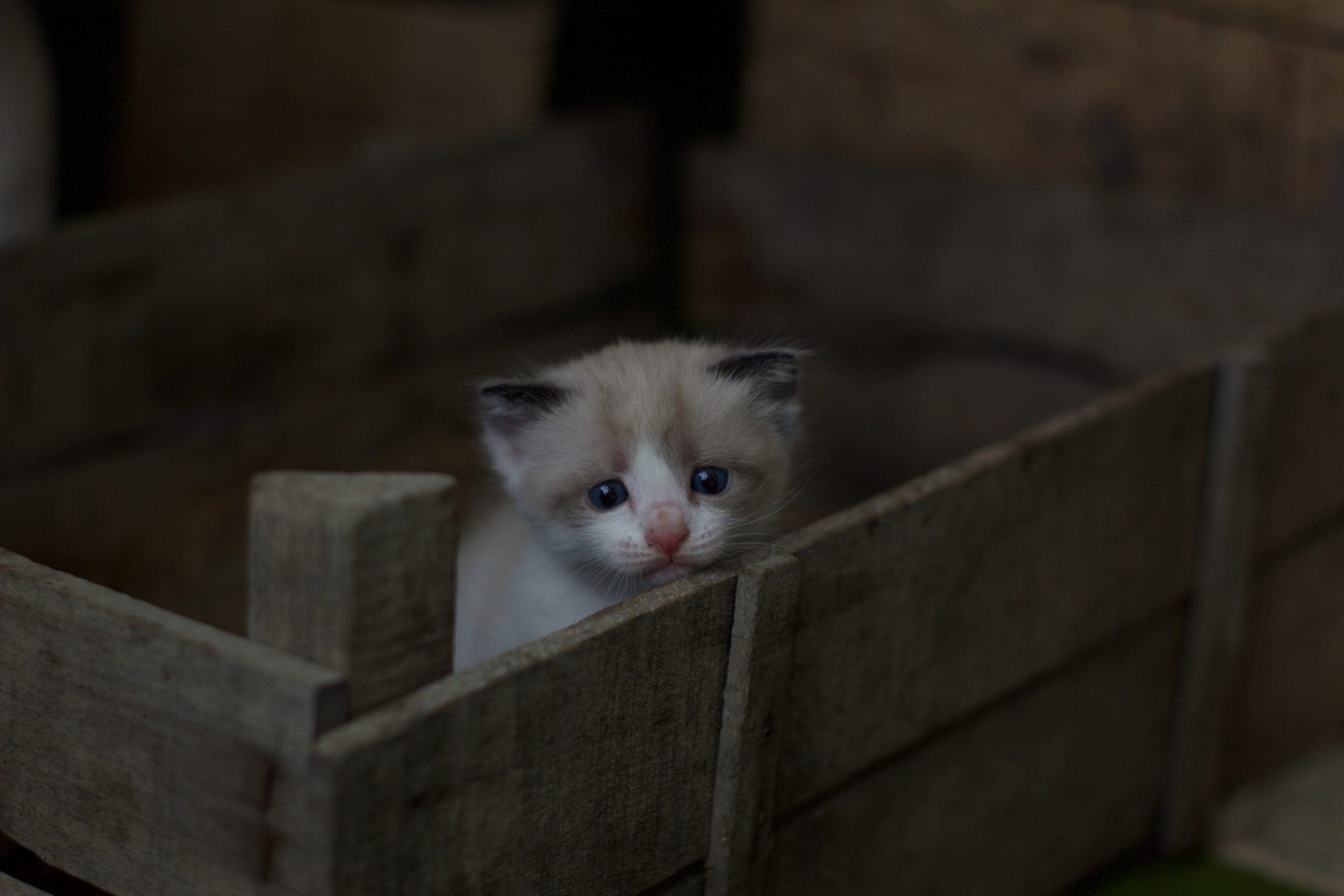
What would happen to your cat if something happened to you? Most people assume a relative or friend would take their pet in, but that may not be true. And if you live alone, it could be days before anyone finds out you have a cat. No cat, no neighborhood, is immune from these dangers. Cat trees or ‘furniture’ are a lot of fun for indoor cats. Toys and playtime with their ‘human’ also create a happy indoor atmosphere. Give your cat a long, safe, healthy life – indoors!
Make an emergency preparedness plan now to avoid having your feline friend end up in an animal shelter if you die unexpectedly or cannot care for your kitty.
Things to do now
- Enlist at least two responsible relatives or friends who would be willing to provide emergency cat care if something happens to you. Give them a house key, care and feeding instructions, your vet’s name and phone number, and a copy of the provisions for permanent care you’ve made. These people also need to know how to contact each other.
- Be sure your neighbors, relatives, and friends know how many pets you have and the contact info of your emergency caregivers.
- Carry a card in your purse or wallet that has the contact info for your emergency caregivers.
- Put a removable emergency notice on your windows or doors that say how many and what kind of pets you have, so that emergency personnel will know you have a cat or dog. Your emergency contact info needs to be on this notice, too.
Who would take care of your cat permanently?
Consider this carefully. Remember that the person you choose will be the one making decisions about your pet, including vet care and euthanasia. Be sure you can trust this person to have your pet’s best interests at heart.
Talk to the person you are considering and be sure they are willing to take care of your cat permanently. Cats can live a long time and here’s a pretty Maine coon for sale which you will surely admire. If your cat is only a year or two old, this person may be making a ten-to-fifteen year commitment. Ensure that this person understands this.
If your friend or relative agrees, check with them from time to time. Circumstances change, and your designated caregiver may not be able to or may not want to care for your cat anymore. It can take several weeks to line up a new caregiver, so be sure there are provisions for temporary care in your will.
If you’re thinking about a pet retirement home or a cat sanctuary, be sure to visit it ahead of time to see how your cat would be cared for. Would she be kept in a cage? Would she be placed with a new family? What would happen to your kitty if the organization went bankrupt or closed down? Check to see that the group has been around for a while, and has a good track record for finding homes quickly for cats entrusted to them.
Should you ask that your cat be put down if you die?
Some people put a provision in their wills requesting that their cat be euthanized upon the owner’s death. If your cat is young or in good health, or there is another humane option, most of the time, it won’t happen.
On the other hand, if your cat is very old, or has a health condition that requires lots of treatment, be sure your designated caregiver knows about your kitty’s condition and needs so that he or she can make the best decision for your cat after you’re gone.
How can I make sure my wishes are honored?
The best way to do this is to make formal arrangements for your cat’s care in your estate planning. Have your lawyer draw up a special will or pet trust to provide for your feline’s care, along with the money needed to do it. Living trusts can go into effect immediately when you die, unlike a will, so talk to your attorney about this option.
Check your state’s laws to determine if a pet trust is valid and enforceable in your state.
Leave copies of your will or trust with both your executor and your designated caregiver (they may not be the same person).

Be the first to comment